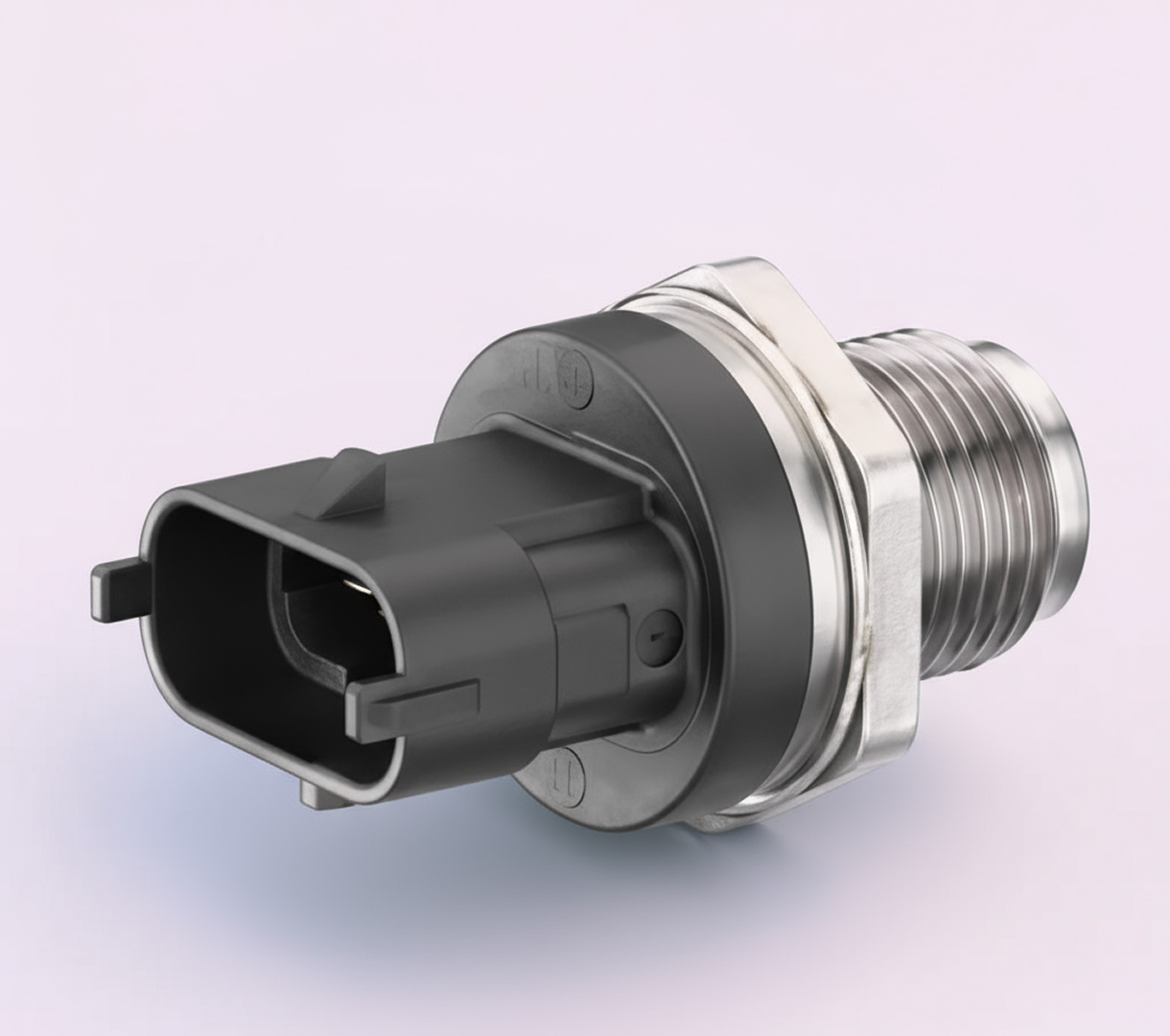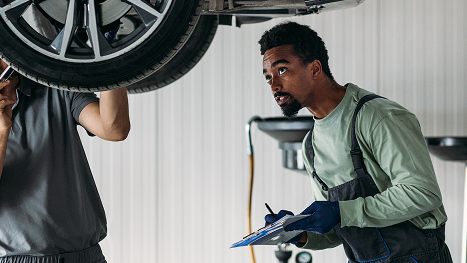RODA SERVICE
Replace Fuel Pressure Sensor
The fuel pressure sensor monitors pressure within your vehicle’s fuel rail, helping the engine control module (ECM) adjust fuel delivery for ideal performance and efficiency. When it fails, the system can’t regulate pressure accurately, leading to poor power, hard starts, or a Check Engine Light.
< Half Day
*
THE RODA WAY
Our Fuel Pressure Sensor Replacement service ensures accurate readings and smooth engine performance by installing a high-quality OEM-spec sensor and confirming proper system function. We believe in hospitality and transparency — you’ll always know exactly what we’re doing and why it matters.
When You Need This
A faulty fuel pressure sensor can cause rough performance, low power, or trouble starting — here’s how to know it’s time for replacement.

Check Engine Light or Fuel System Codes
Codes such as P0190–P0193 indicate inaccurate or missing pressure readings from the sensor.
Hard Starting or Stalling
Incorrect pressure data can cause improper fuel delivery, making the car hard to start or prone to stalling.
Poor Acceleration or Loss of Power
The ECM may cut fuel or reduce performance to protect the engine from running too rich or lean.
Strong Fuel Smell or High Consumption
Inaccurate readings can lead to excess fuel delivery, lowering mileage and increasing emissions.
When You Need This
A faulty fuel pressure sensor can cause rough performance, low power, or trouble starting — here’s how to know it’s time for replacement.
Check Engine Light or Fuel System Codes
Codes such as P0190–P0193 indicate inaccurate or missing pressure readings from the sensor.
Poor Acceleration or Loss of Power
The ECM may cut fuel or reduce performance to protect the engine from running too rich or lean.

Hard Starting or Stalling
Incorrect pressure data can cause improper fuel delivery, making the car hard to start or prone to stalling.
Strong Fuel Smell or High Consumption
Inaccurate readings can lead to excess fuel delivery, lowering mileage and increasing emissions.
⚠️ What happens if you skip it? ⚠️
Ignoring a bad fuel pressure sensor can cause poor drivability, hard starts, or fuel system damage from incorrect mixture control. Over time, it can lead to clogged injectors or premature fuel pump wear.
How This is Done
We test, replace, and verify your fuel pressure sensor using precise diagnostic equipment to ensure accurate fuel management and reliable performance.
1. Scan for Codes & Verify Fault
Confirm the issue with live data and rule out wiring or pump problems.
2. Depressurize Fuel System
Safely relieve pressure before removing components.
3. Remove Old Sensor
Access and detach the faulty sensor from the rail or line.
4. Install New OEM-Quality Sensor
Fit a manufacturer-approved part and seal properly.
5. Reconnect & Test
Clear codes, reset adaptive values, and confirm correct pressure readings.
6. Final Verification
Ensure proper starting, idling, and throttle response during a test drive.
Included in Every Service
You don't have to be a car expert—that's what we're here for. But we always make sure our drivers understand the service recommendations we make. Through pictures, videos, or over the phone, we'll explain our findings and recommend what work needs immediate attention, or can wait. We help you decide what's best for you.

Free safety inspection
We include a photo and video inspection with every service, so you can buckle up with confidence.

Free valet and towing
Your car's in the shop, but you don't have to be. Our Roda Runners will bring your vehicle to and from the shop free of charge.

Free initial diagnosis
Initial diagnosis is always free with service, and we only perform work you approve.

Free car wash
We add a little extra sparkle to every service with a complimentary light wash.
Rated 5-stars by hundreds of DC-area drivers
“Roda was a great service. I hit a pothole and had a blow out. They came and picked the car up downtown, fixed it, and dropped it back at my house. I'll definitely check them out again.”
- DAVE W.Yes — if readings fall outside normal range, the ECM may limit power to protect the engine.
Not quite. The sensor measures pressure; the regulator adjusts it. Both can fail independently.
Usually not — we’ll identify exactly which one has failed before recommending replacement.
Yes, once the system is reset and functioning properly.
All battery replacements are backed by our Roda 12-month / 12,000-mile warranty, covering both parts and labor for your peace of mind.
Book Your Fuel Pressure Sensor Replacement Today!
Restore fuel efficiency, smooth starts, and reliable performance — with Roda’s transparent service and trusted warranty.